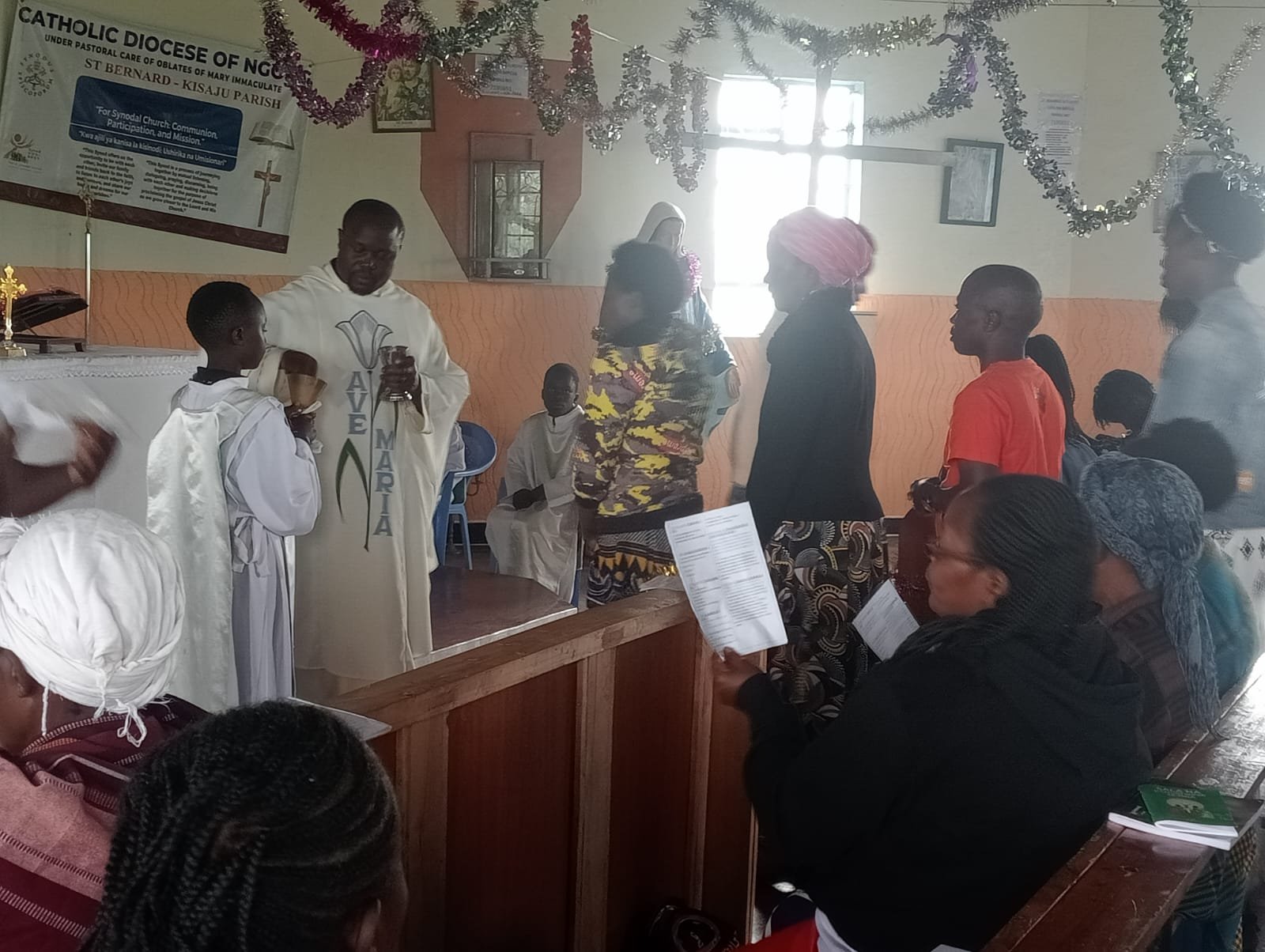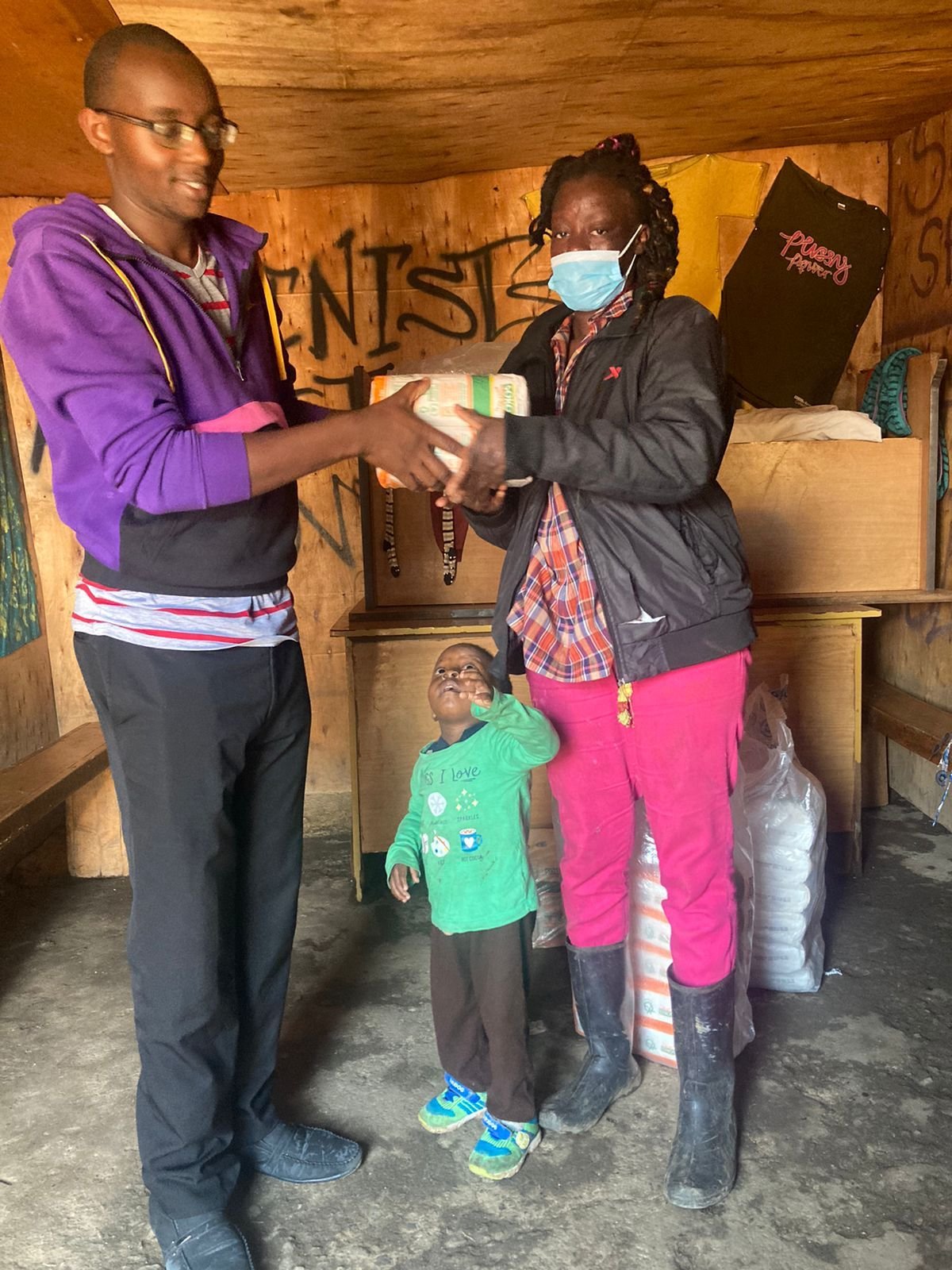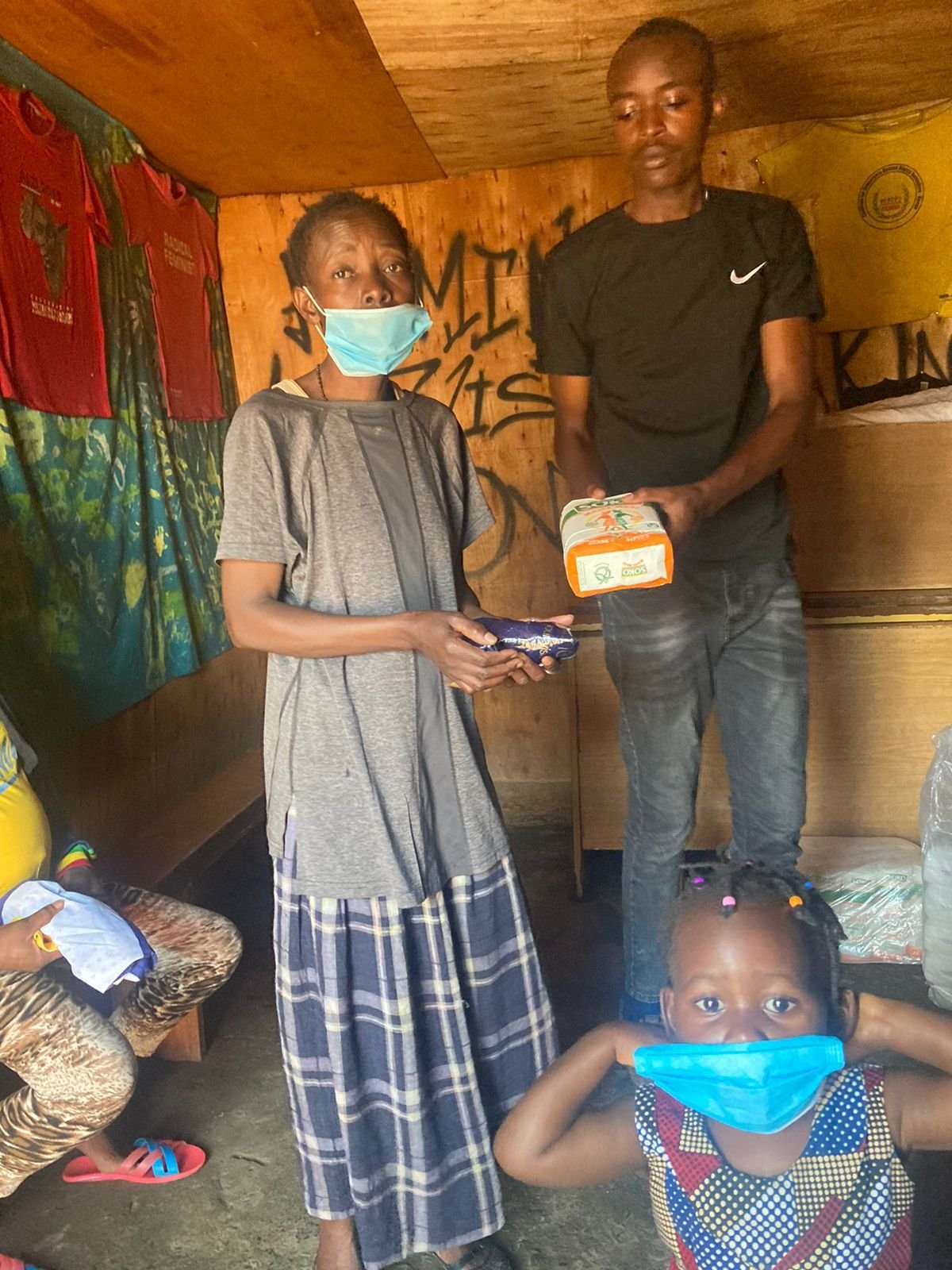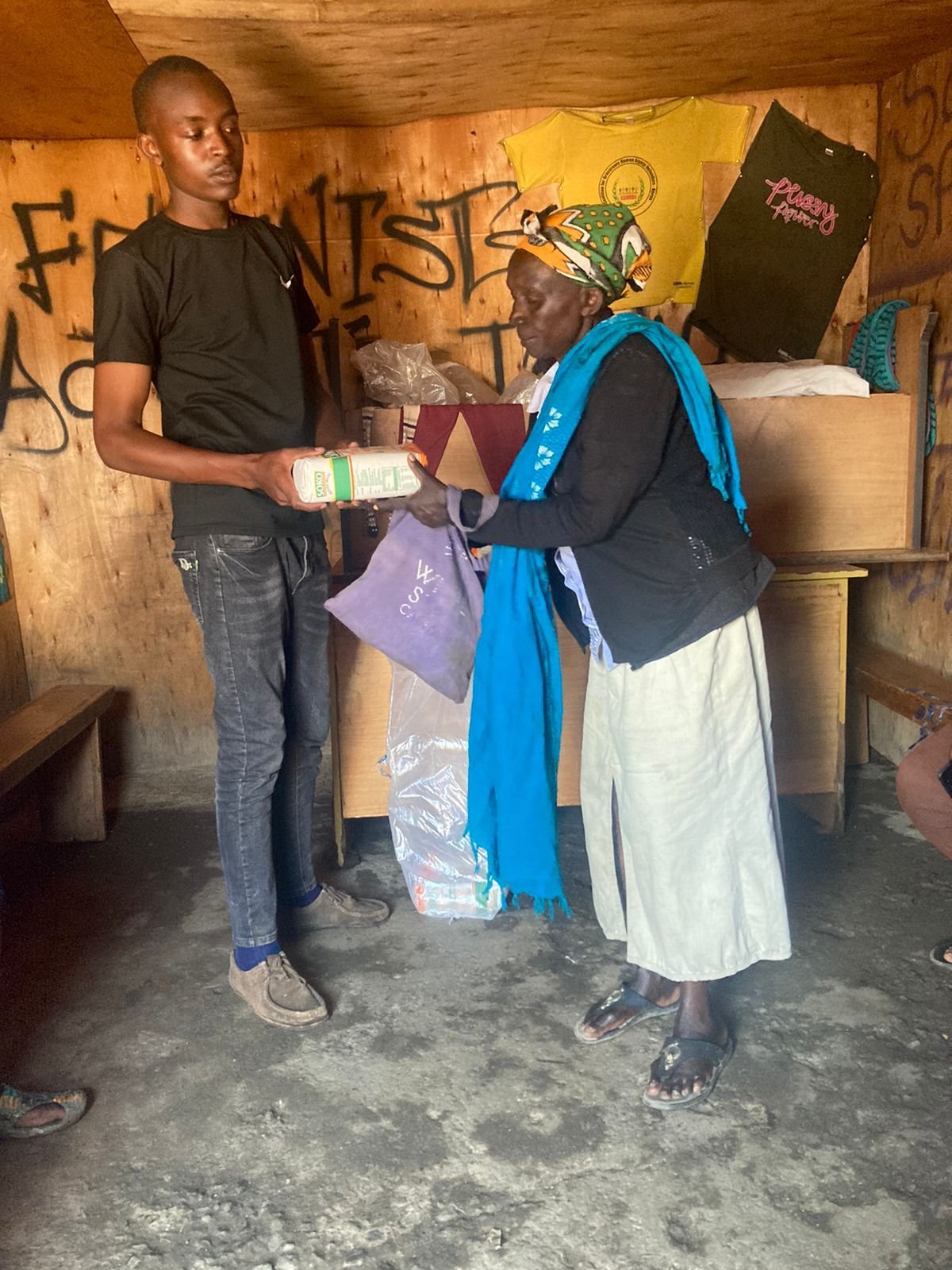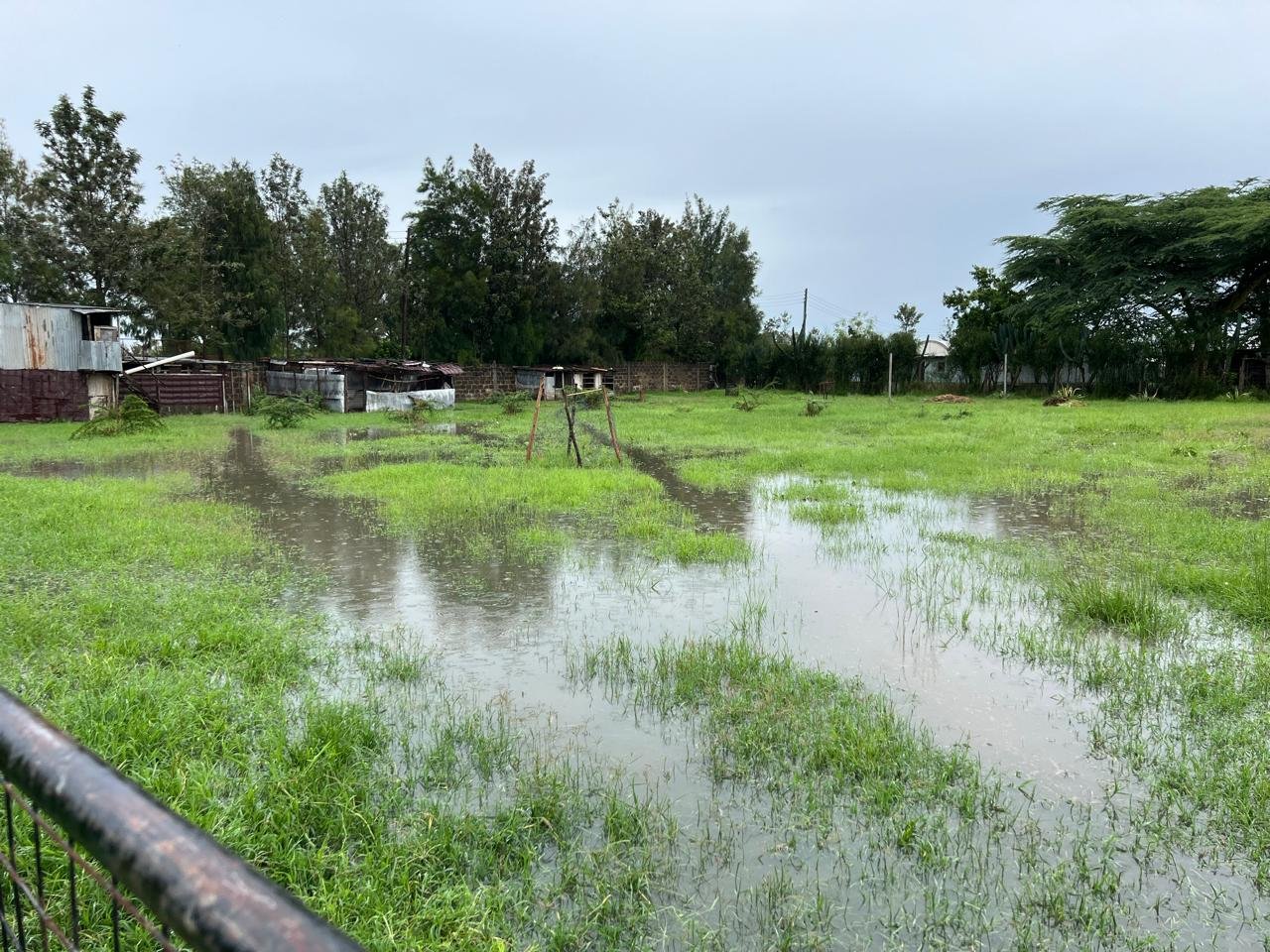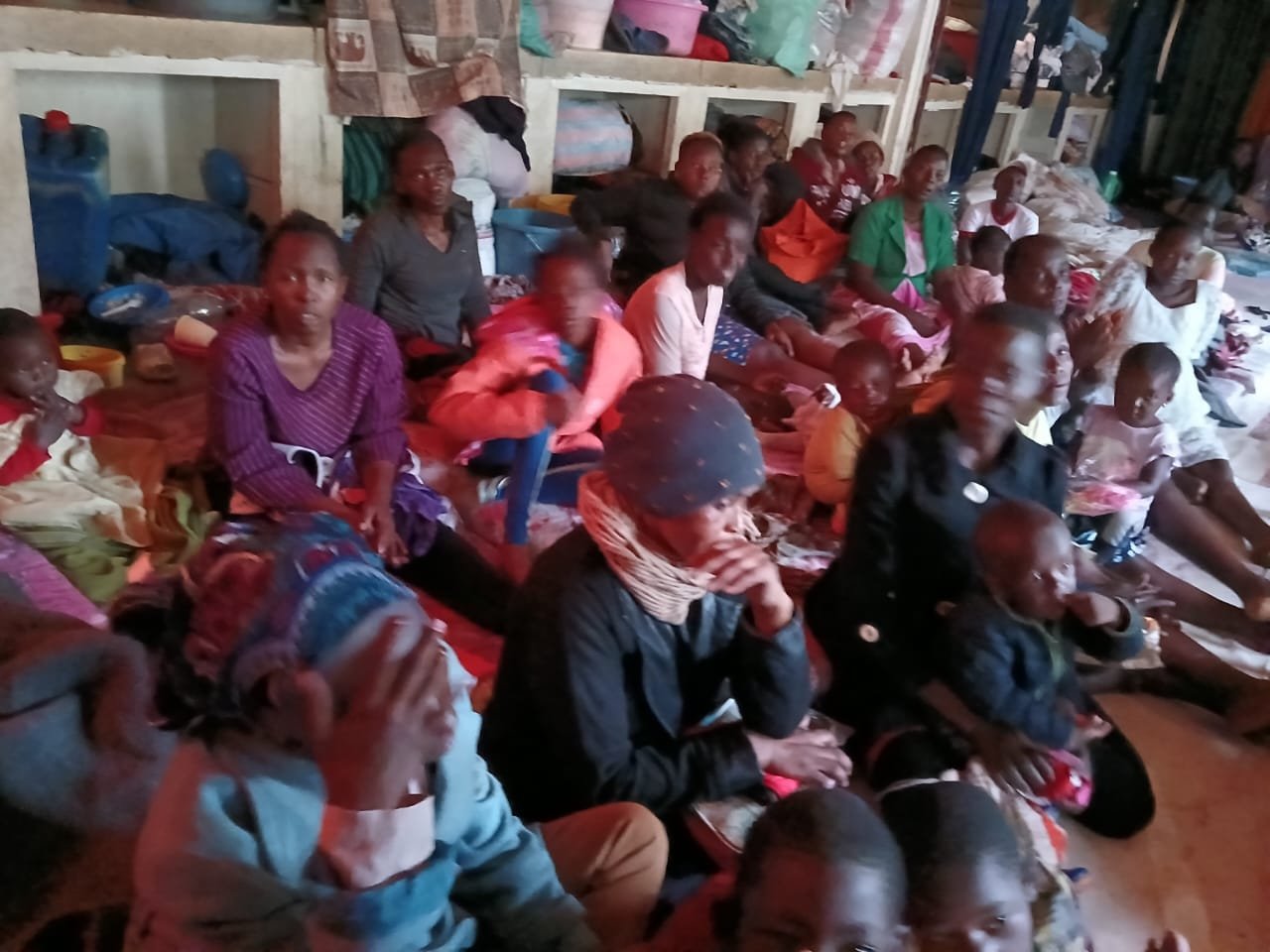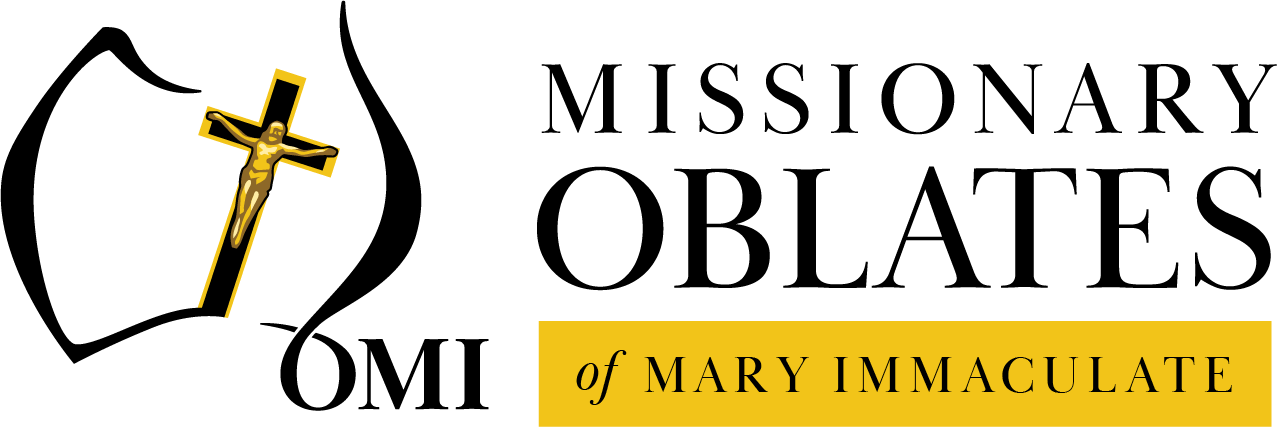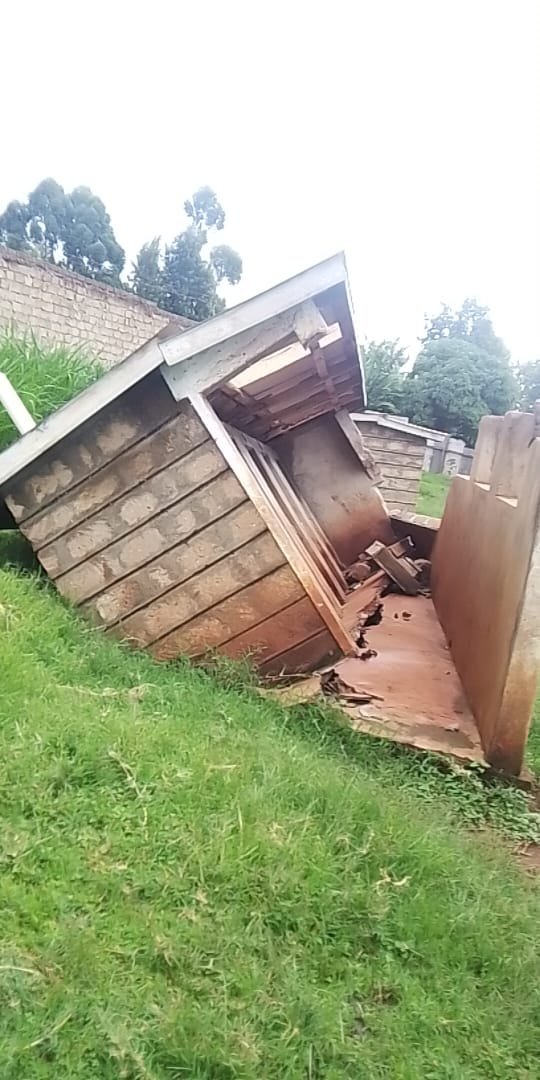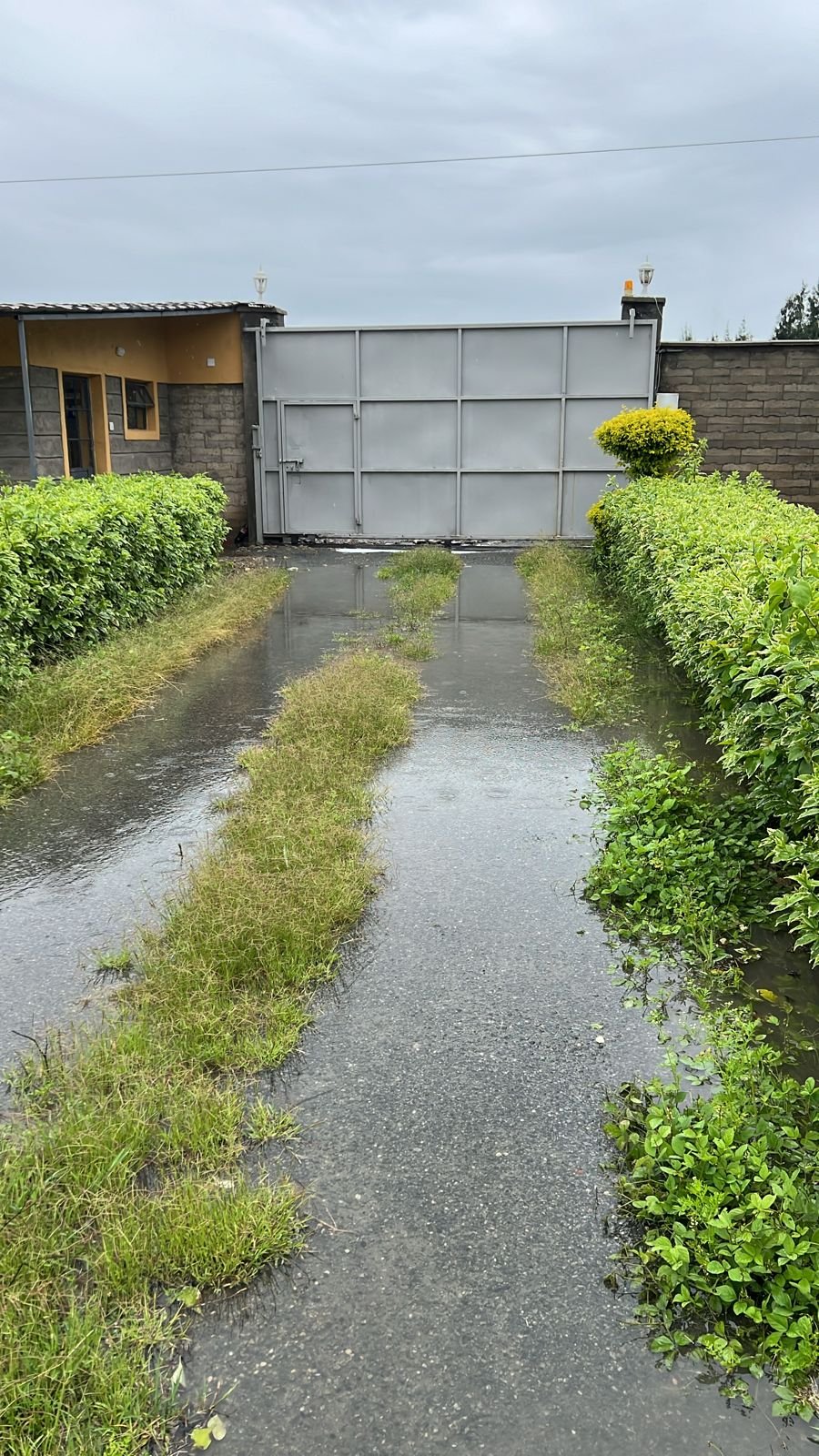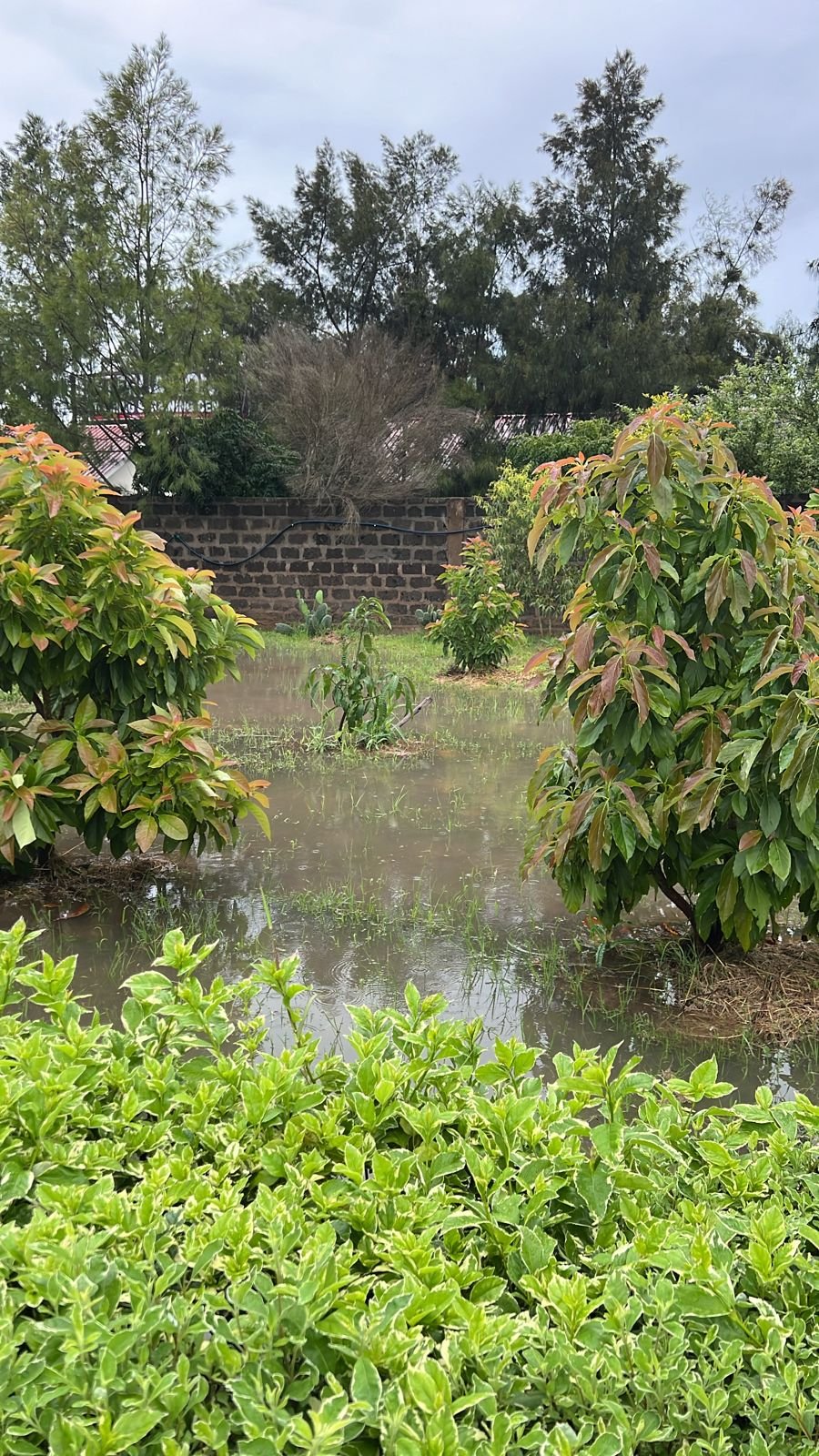State of Kenya and Kenyan People after continued Heavy rains
We have recently received an update from Fr Fidel Munkiele OMI about the Missions in Kenya. They have been experiencing a great deal of rain and flooding in the country. He provided the following article for you to read.
Thank you for your interest in the welfare of our Kenyan people. Some of the following points might help you understand what is happening here. The Government have promised much, and some assistance is happening in various parts of the country. However, this issue is too big for just the Government. Many NGO’s and local churches are also responding to the extent they have resources. In some places, like the slums, public training centres are opening their doors to give shelter to those who have lost their homes. But the number of people in need is large.
Some local populations are going to be evacuated to safer locations due to the danger of dam failures, and the Government is promising to establish temporary accommodation centres with all the basic needs.
Some general points about events that have happened:
1. Mai Maiu: 70+ people killed while sleeping due to a flash flood caused by a ruptured water dam in the mountain behind them at 3am in the morning. The rest of the population lost ther
2. Nairobi slums: many people have lost their homes along the small river-ways which have become raging rivers: in Mathare slums, alone, 60,000 people had their homes washed away.
3. On a positive note, the young people in general, living in Mathare, were praised by the County Government for their courage in rescuing hundreds of people: it meant the deaths were very few, from drowning. But, if the Government response is slow, disease may kill many more. eg. cholera.
4. Several large water dams around Kenya are at breaking point: but it is also dangerous to release water, to reduce the danger, because of existing floods below the dams.
5. The soils are saturated with water everywhere in Kenya, which means the additional heavy rains forecast for the next few weeks will become more difficult to handle.
6. Corruption, neglect, lazy contractors and poor supervision has exposed drains blocked by rubbish, drains too small, overcrowded development, broken sewerage systems, building in drainage routes, etc. Even deforestation in parts of the country have contributed to the disasters happening.
The Oblates are effected in particular ways as follows:
7. Meru Parish (includes a local slum area): primary school toilet block collapsed due to heavy rains weakening the ground behind it; general increase in difficulty for people move around and find daily work.
8. Kionyo Parish (up in the mountains): elderly people are suffering from cold due to difficulty to get dry firewood, and it’s very dangerous to walk to the village for supplies due to slippery, muddy roads.
9. Kisaju Postulancy (formation of missionaries): due to saturated ground and difficult soil type (black cotton), we are experiencing some flooding in the basement chapel and bedrooms as water seeps through the outer and inner walls. The house is like an island surround by water, and only a few months back it was like a desert!
10. Kisaju Parish (Maasai land): the main centre is OK, but each of the seven prayer centres are suffering in various ways.
a. Some areas are land-locked (eg. Olturuto and Jamii Bora): access roads across rivers are being blocked by water and sometimes fallen trees. This means some people can’t get to work in the local areas or city. But worse, some people are starving because they can’t reach food or medical care. One family called Fr Phelix and somehow he managed to get food through to them. A lot of people live in isolated areas and may not have phones, cars or motorbikes.
b. Last Sunday, Fr Phelix left the motorbike on one side of the river and walked through water to cross
the “bridge”, where he climbed over a fallen tree in the middle, and continued on foot for 2.5km of muddy road to reach the church: which was packed! They had missed out on Mass the week before because the river water level was too high. Even the main highway was closed several times in two or three locations, prevents people getting to the city and even missing flights.
c. The local Maasai people, recovering from a long drought, now have difficulty of getting their few remaining cows to adjust from sparse dry grass to lush green grass: some are getting sick and others have died.
11. Larmudiac Parish: people have lost crops, and spent all their hard-earned money buying the seed and fertiliser. And many were sold fake, subsidised fertiliser from the Government agents (ie. corruption). More accidents on the road. One truck tried to ferry people across a flooded bridge and it got washed away with much loss of life.
12. Knock-On effects in general: the major events are bad enough; however, all parishes and schools will now suffer reduced contributions to manage the parish/ school expenses, pastoral programmes, children’s food programmes, etc.
Of course, any assistance you can give us to share with the people in need will be appreciated. In the meantime, our parish Oblates working to alleviate suffering where they can and our Oblate youth are continuing to give out our regular food help in Mathare Slums in Nairobi.
In Jesus Christ and Mary Immaculate
Fr Fidel Munkiele OMI
Mission Superior
